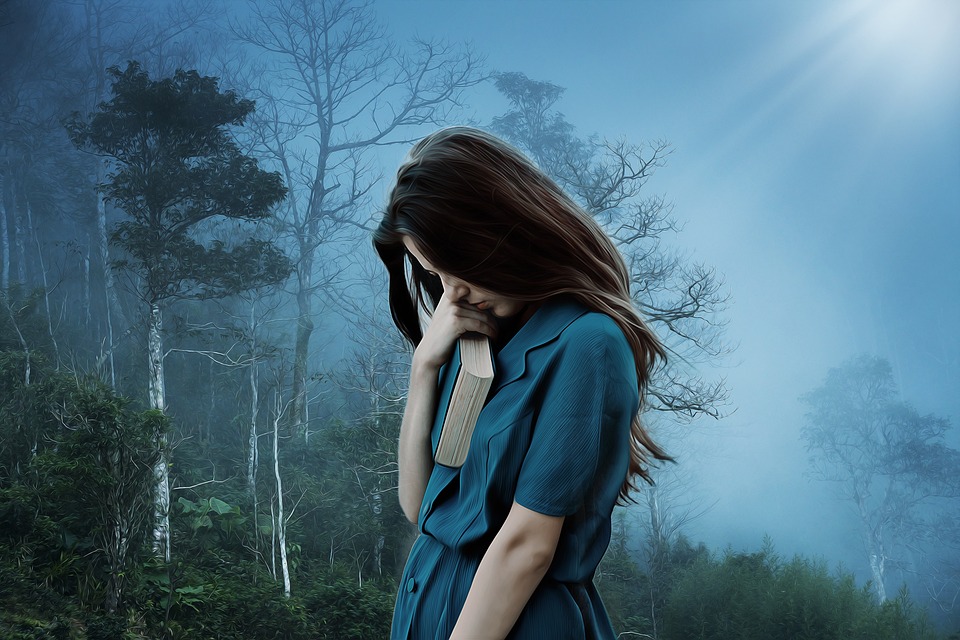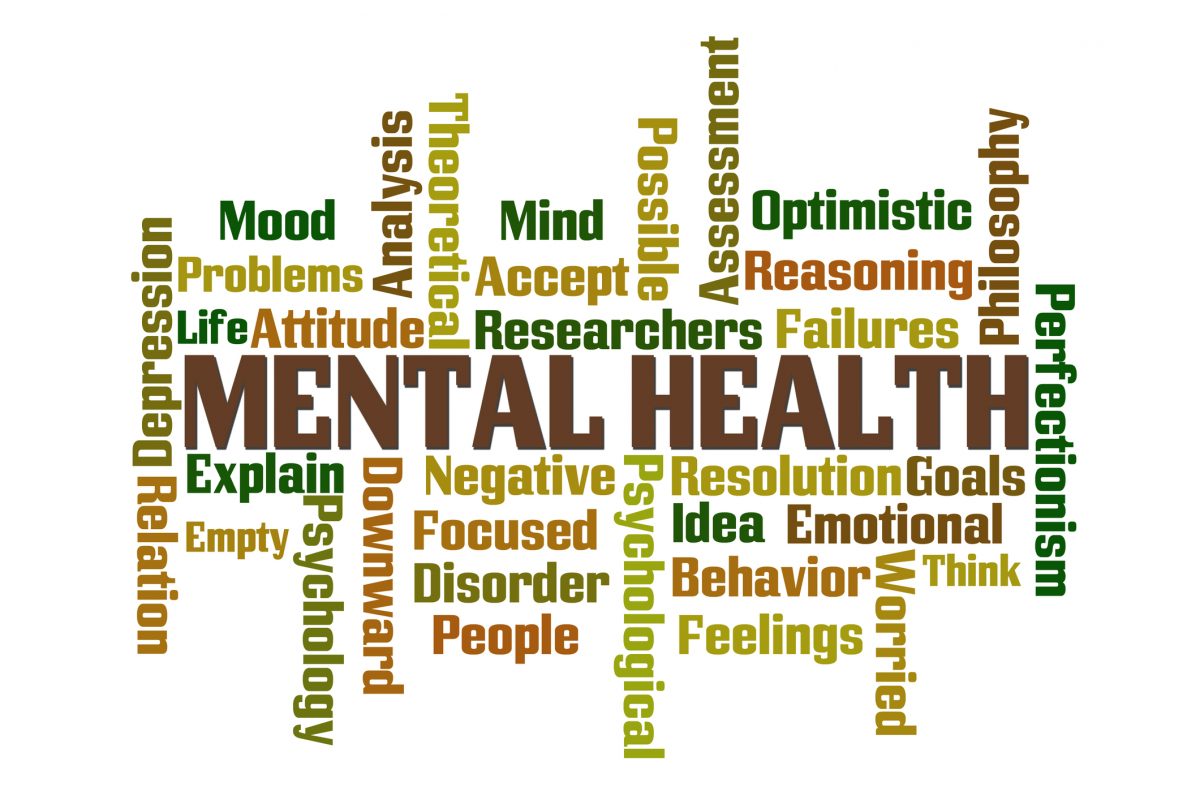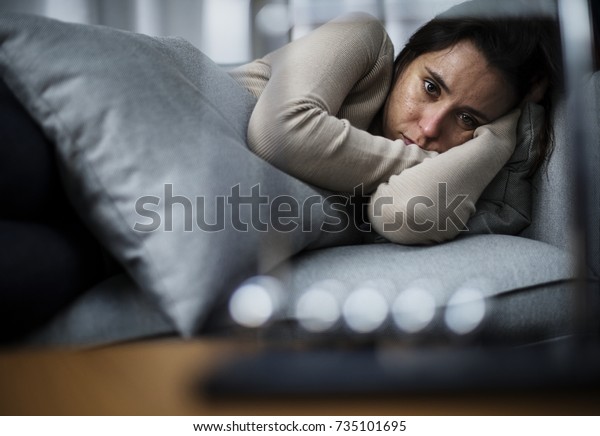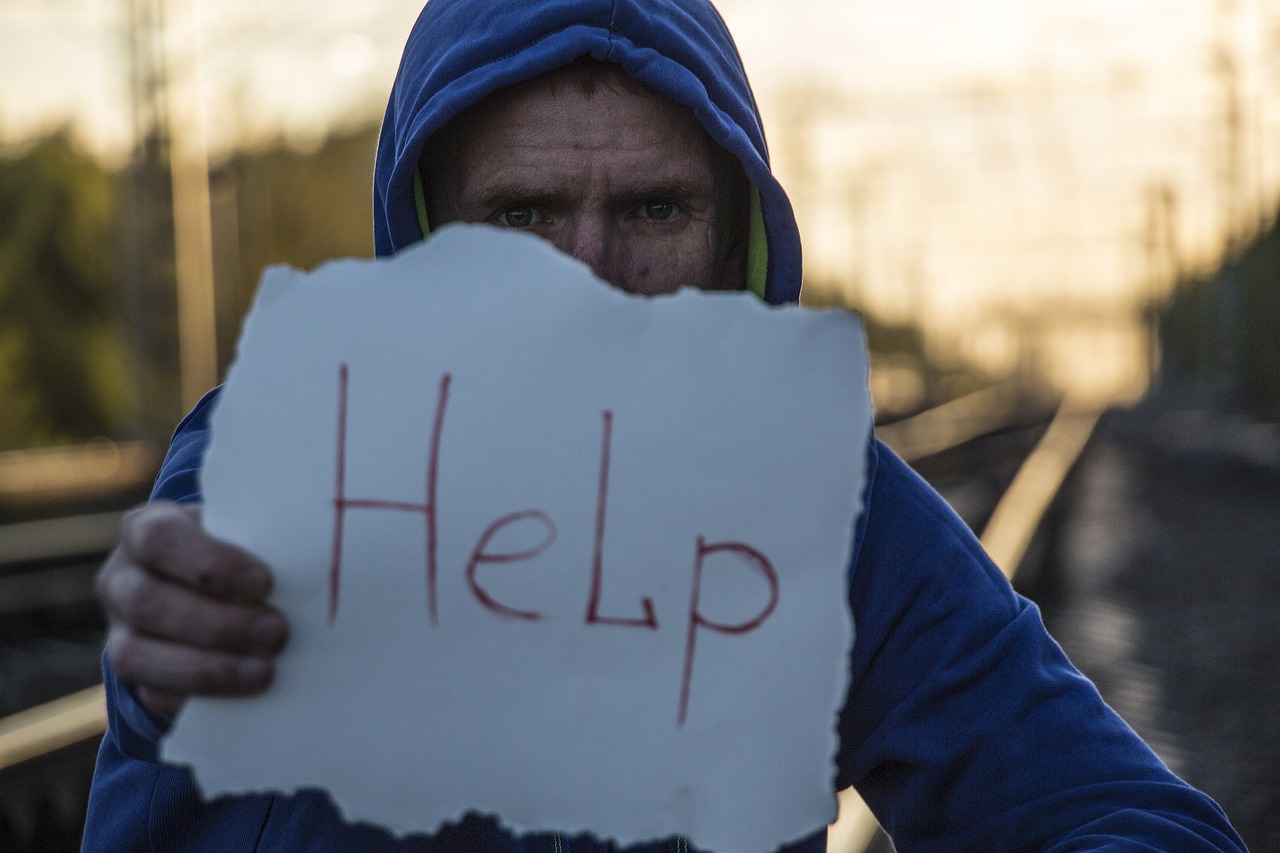
What is depression
Depression is a feeling of sadness and hopelessness with losing pleasure in usual activities that a person enjoyed once, change in sleep patterns, loss of appetite, loss of energy and recurrent suicidal thoughts.
It’s a major cause of disability as it renders an individual purposeless and completely hopeless.
What is the difference between depression and anxiety?
Depression should not be confused with anxiety as anxiety is the feeling of restlessness or fear about what to happen. Anxiety causes mental irritation with elevated mood as compared to depression in which mental suppression is obvious.
What is Mania or Bipolar disorder?
Mania is an opposite behavior characterized by overactivity, enthusiasm, anger, rapid thoughts, rapid speech patterns and impaired judgment.
In Bipolar disorder a person exhibits severe mood swings, sometimes emotionally very high and sometimes very low.
What are the symptoms of depression?
o Disturbed sleep patterns (sleeplessness or sleeping too much)
o Losing energy
o Increasing fatigue
o Feelings of worthlessness
o Losing or gaining weight without conscious effort
o Suicidal thoughts
o Facing difficulties in concentrating or taking decisions
o Confused behaviors
If these symptoms are lasting for more than two weeks, its time to go for diagnosis of depression. To better diagnosis, some medical issues that can overlap the symptoms of depression (for example; brain tumor) must be ruled out first.
Are grief, sadness and depression the synonyms?
Feeling sad or grieved in response to some upsetting situations; for example, losing a loved one, failing in exam, losing a job or facing a breakup is a normal phenomenon. Most people passing though these feelings consider and describe themselves as they are “depressed”.
But sadness and depression are two different things. Feeling of grief is specific to each person including some features of depression for example extreme feeling of sadness or lack of interest in some activities.
But as a whole both of them are two different feelings. However, grief sometimes may lead to depression if a person is unable to overcome the emotional stress because of a major loss
What is the underlying mechanism of depression?
Depression is not merely the game of high or low levels of some particular brain chemicals.
There are lot of other causes that can give rise to depression that may involve, disturbed mood regulation by the brain, genetically vulnerable individuals, stress causing events, side effects of some medicines or some underlying medical issues.
No doubt, certain brain chemicals known as mediators are also involved in depression, but they are not the only reason. Several other factors, outside the brain are also taking part.
According to researches, there are several genes involved in increased vulnerability to depression and response to drug therapy.
What are risk factors?
Depression is not specifically attacking the individuals living in some specific situations, it can attack anyone—at each age group. A person living in ideal environment can also be equally vulnerable as a person living in tough circumstances.
However, some factors are involved in causing depression;
• Changes in certain chemicals in the brain can be involved in depression.
• Genes also play important role in depression. Some individuals are genetically more vulnerable to depression.
• Self-esteem is an important factor in personality building of an individual. Pessimism pays vital role in depression building.
• Several environmental factors (mistreatment by others, financial conditions, loneliness) can affect an individual, leading him to depression.

How can depression be treated?
In this era of progress and development in the fields of science and technology, there are rare conditions that are not treatable and luckily depression is not among them. There are more than 80 percent chances that an individual suffering from depression will be cured completely.
Diagnosis of depression
Before starting treatment, an individual has to be diagnosed for depression by a health care professional, to exclude the possibilities that there may be some other conditions, representing the symptoms similar to depression.
For example, thyroid problem may express the symptoms of depression.
Treatment
There are three types of depression therapy. Either it is treated by Psychotherapy or by medications.
1. Psychotherapy
If an individual is suffering from mild depression, he can be treated solely by psychotherapy.
CBT (cognitive behavioral therapy) is effective to treat the depression. It is a talk therapy in which an individual is taught to understand and control the destructive or upsetting thoughts that may have a negative effect on that person’s mood and emotions.
Depending upon the level of depression, treatment can be continued for several weeks or can be ended soon. Normally, 10-15 sessions are enough to overcome depression.
But if depression is moderate to severe, it cannot be treated only by psychotherapy. It needs involvement of medication along with psychotherapy.
2. Electroconvulsive Therapy (ECT)
ECT is a kind of treatment that is used for the patients with severe depression and who are not responding to psychotherapy or medications. In this kind of therapy, the brain of an anesthetized patient is stimulated electrically.
3. Medication therapy
Medicines involved in treatment of depression are called “antidepressants” and there are following classes of antidepressants
Selective serotonin reuptake inhibitors (SSRIs)
• Citalopram
• Escitalopram
• Fluvoxamine
• Paroxetine
• Sertraline
They specifically inhibit serotonin reuptake leading to increased concentrations of the neurotransmitter in the synaptic cleft.
They have little blocking activity at muscarinic, α-adrenergic, and histaminic H1 receptors.
Serotonin norepinephrine reuptake inhibitors
• Venlafaxine
• Desvenlafaxine
• Sertraline
May be effective in treating depression in patients in whom SSRIs are ineffective
Atypical antidepressants
• Bupropion
• Mirtazapine
• Nefazodone
• Trazodone
• Vilazodone
The atypical antidepressants are a mixed group of agents that have actions at several different sites
Tricyclic antidepressants
• Imipramine
• Desipramine
• Clomipramine
• Doxepin
• Desipramine
• Nortriptyline
TCAs are effective in treating moderate to severe depression. Some patients with panic disorder also respond to TCAs.
Monoamine oxidase inhibitors
• Phenelzine
• Isocarboxazid
• Tranylcypromine
• Selegiline
The MAOIs are indicated for depressed patients who are unresponsive or allergic to TCAs and SSRIs or who experience strong anxiety.
How can a person help himself to overcome depression?
There are following activities that can help an individual to cope with his depression by himself;
• Regular exercise and involvement in outdoor games
• Better sleep
• Healthy diet
• Alcohol free lifestyle
• Thinking optimistically
• Surrounding himself with friendly individuals
Related topics
What is definition of depression?
What are the main causes of depression?
What is treatment of depression?
What is psychotherapy?
What is mania or bipolar disorder?













